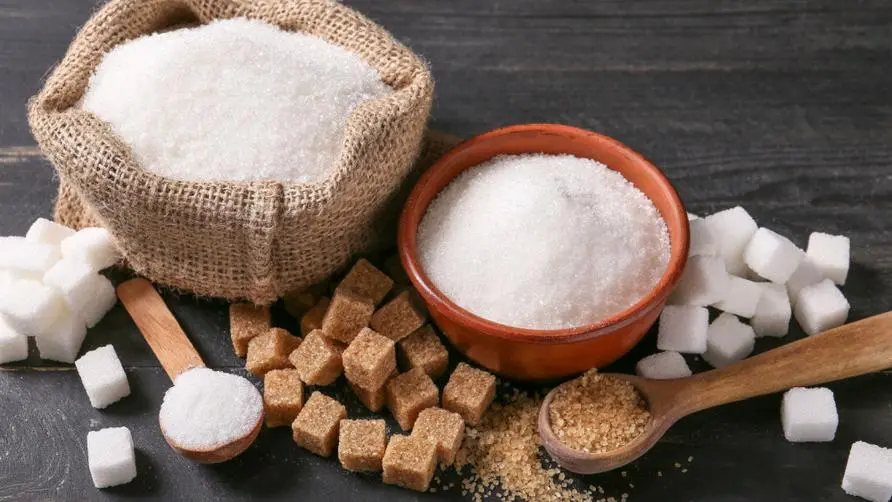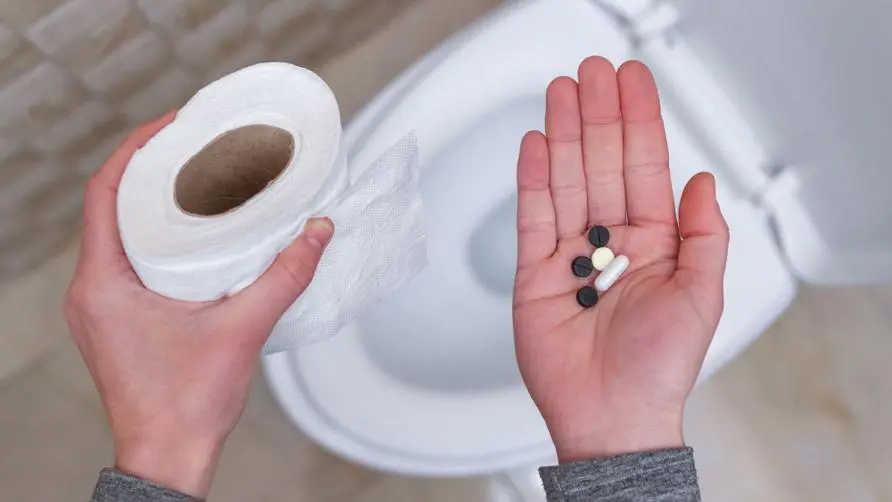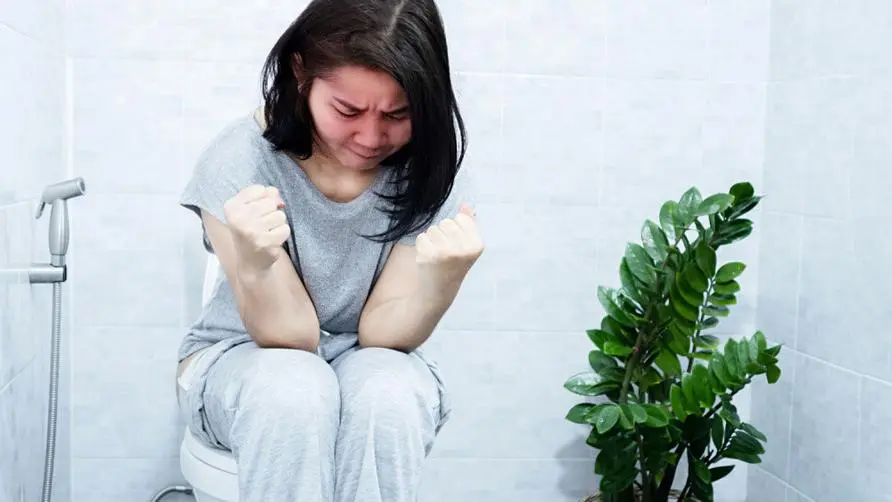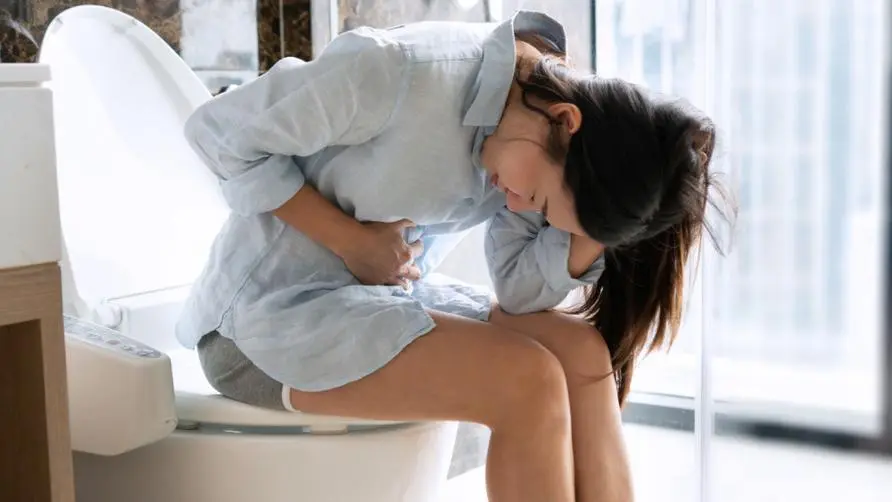What should I do if my constipation doesn't go away? Harvard reveals "8 major measures" for dietary adjustment and drug treatment, understand them at once
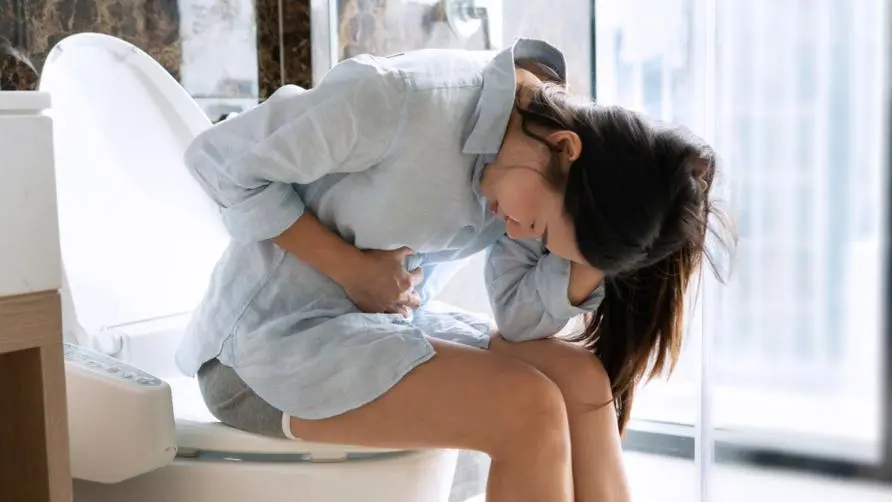
“Constipation” is one of the problems faced by many office workers and people who eat out. If the frequency of bowel movements is less than 3 times a week, or the feces is too hard, dry and difficult to pass, you need to pay special attention to the constipation problem. Guidelines published by Harvard Medical School in the United States point out that most people with constipation can relieve their symptoms through home treatments such as changing their diet, adding fluids, or using laxatives. Here are some tips for relieving constipation.
What should I do if constipation is caused by eating three meals out or sitting for a long time? Harvard: First try to adjust the “3 big habits”
Eat more dietary fiber: The first step to relieve constipation is to increase your fiber intake through your diet. Fiber needs vary by age and gender, but the average adult should consume 22-34 grams of fiber per day. Two different types of dietary fiber: “water-soluble” and “water-insoluble” can be eaten interchangeably. The functions of the two types of fiber and common food types are as follows:
Water-soluble dietary fiber, such as oats, barley, nuts, seeds, beans, etc., will be converted into gel after entering the body, helping to absorb water from food, thereby slowing down digestion. Certain types of water-soluble dietary fiber may help reduce cholesterol and the risk of heart disease.
Insoluble dietary fiber, such as wheat bran, vegetables, whole grains, etc., can help food pass through the stomach and intestines quickly and increase the volume of stool.
Eat fiber supplements: For eaters and office workers who find it difficult to obtain fiber needs through diet, “fiber supplements” are one of the ways to increase fiber intake. Fiber supplements can help promote regular bowel movements, but they can cause side effects such as slow action, gas, and bloating, so you should drink plenty of water while taking supplements. Since there are many different types of fiber supplements available on the market, you should discuss the appropriate type with your physician.
Stay hydrated: Staying hydrated is an important step in relieving constipation. Moisture helps fiber work better, making stool softer and easier to pass through the intestines. Good liquid choices include: water, vegetable juice or broth. Avoid hand-shaken drinks or any sugary drinks. In addition, consuming too much coffee or tea may cause “diuresis” and the body’s water will be easily lost, so it is not recommended. Should be included in daily water intake. It is recommended that each person’s daily water intake should be “30*body weight (cc)”, and for those who are losing weight, it can be increased to “40*body weight (cc)”.
Can laxatives be used for constipation combined with hemorrhoids and anal fissure? 3 common types of laxatives to understand at once
Osmotic laxatives: The main ingredients are magnesium oxide, magnesium citrate, etc., which can help soften stool and increase gastrointestinal motility. In addition, for patients with hemorrhoids and anal fissures, osmotic laxatives can also reduce wound irritation. However, those with liver and kidney problems, heart failure, etc. should avoid using this salt laxative and thoroughly discuss with their attending physician or pharmacist before use.
Stool softener: It is a surfactant that helps promote the mixing of water and fat in the intestines and stomach, thereby softening and expelling stool from the body. Because the effect is not as good as other laxatives, it takes 1-3 days before the effect appears; and you should drink more water when taking it, and do not take it together with “mineral oil laxatives”. People with hemorrhoids, or those who have had abdominal surgery, are generally advised to avoid these medications.
Stimulant laxatives: Relieve constipation by causing frequent or strong contractions of the intestines, thereby facilitating the passage of stool through the colon. The main ingredients are senna, glycerin or bisacodyl, which can relieve severe constipation or constipation that is unresponsive to other treatments. Since its side effects are severe (such as abdominal cramps, nausea and vomiting), and long-term use may cause dependence, it is recommended to be used as directed under the supervision of a physician.
Stimulant laxatives can be taken orally or as suppositories inserted into the rectum. When taken in suppository form, stimulant laxatives work within 15 to 60 minutes; oral stimulant laxatives can cause a bowel movement within 6 to 8 hours.
Taking “enemas” is the last line of defense for defecation? What are other treatments for constipation?
Lubricating oil products: such as “mineral oil” (mineral oil, also known as liquid paraffin) can prevent the water in the feces from being absorbed by the intestines, thereby softening the feces and increasing the weight of the feces. It should be noted that oral mineral oil may cause pneumonia when inhaled and may affect fetal growth and development, so it is not suitable for children, the elderly, pregnant women and other groups.
Take enema treatment: Enema is another option to relieve constipation, and it can also be said to be the “last line of defense” when other treatments are completely ineffective. The principle of enema is to flush feces directly from the lower half of the large intestine and rectum through a plastic tube with a tapered tip through a mixture of salt and water, thereby triggering rectal muscle peristalsis and using it to clean the feces.
Finally, Harvard Medical School reminds that the causes of constipation are complex and are commonly caused by too little intake of fruits, vegetables or fiber, insufficient water replenishment, or lack of regular exercise habits. Therefore, the public should start by eating a balanced diet, increasing the amount of fluids, exercising more and defecating regularly. If the problem of constipation still exists, it is recommended to seek medical advice as soon as possible, take medicine under the advice of a professional doctor, and avoid buying drugs from unknown sources to avoid harming the body.
Source:
8 ways to get constipation relief - Harvard Health Publishing
Extended reading:
